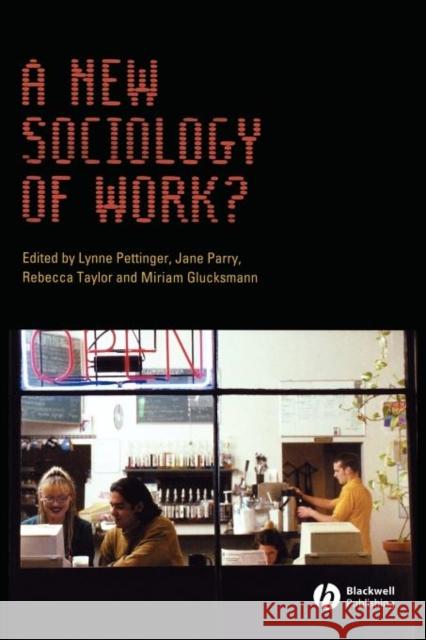A New Sociology of Work? » książka
topmenu
A New Sociology of Work?
ISBN-13: 9781405139038 / Angielski / Miękka / 2006 / 247 str.
This book asks what might be required of "a new sociology of work" and why such a project is vital for understanding people's working lives at the start of the twenty-first century.
- A collection of essays examining the concept of work, questioning what constitutes work, and where work ends and other activities begin.
- Acknowledges the work that goes on outside formal employment, in the family, the community and within various institutions.
- Highlights the importance of understanding the broad range of experiences of work in order to provide a more meaningful account of people's work practices.
- Draws on studies which explore how localized temporal, temporal and socio-economic factors shape people's experiences.
- The editors develop a distinctive theoretical framework and draw together key conclusions and policy recommendations.











